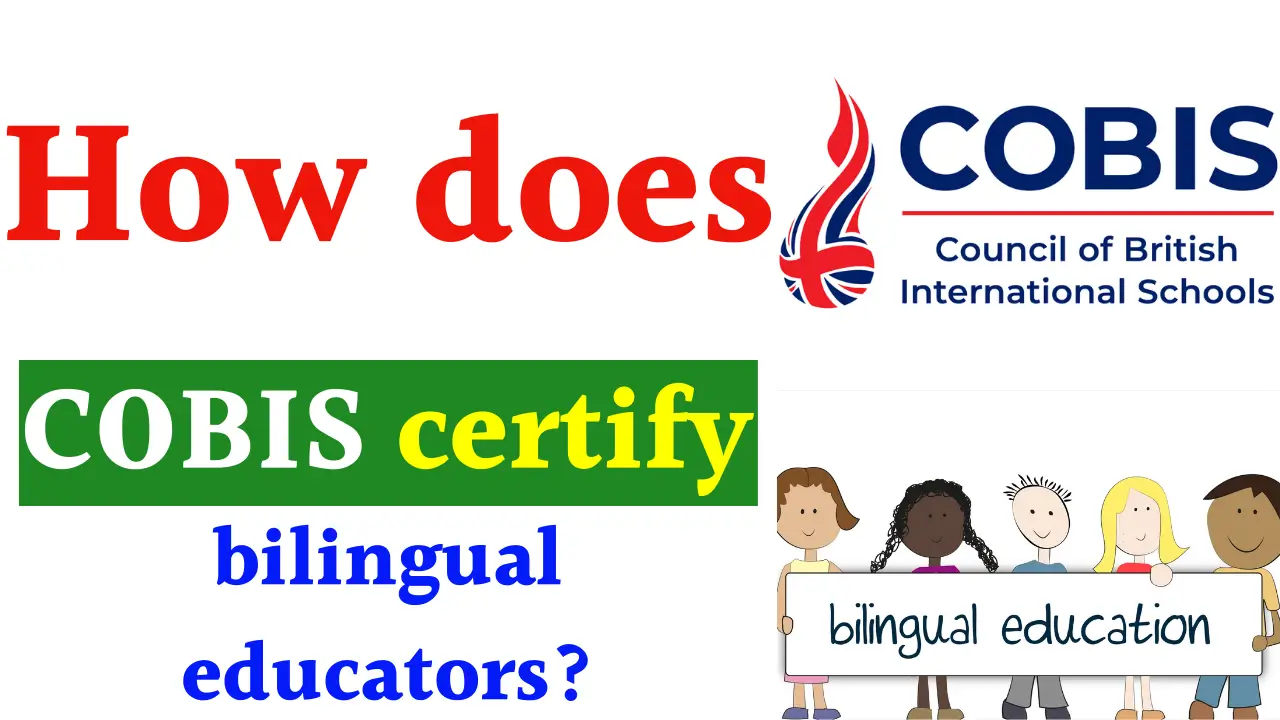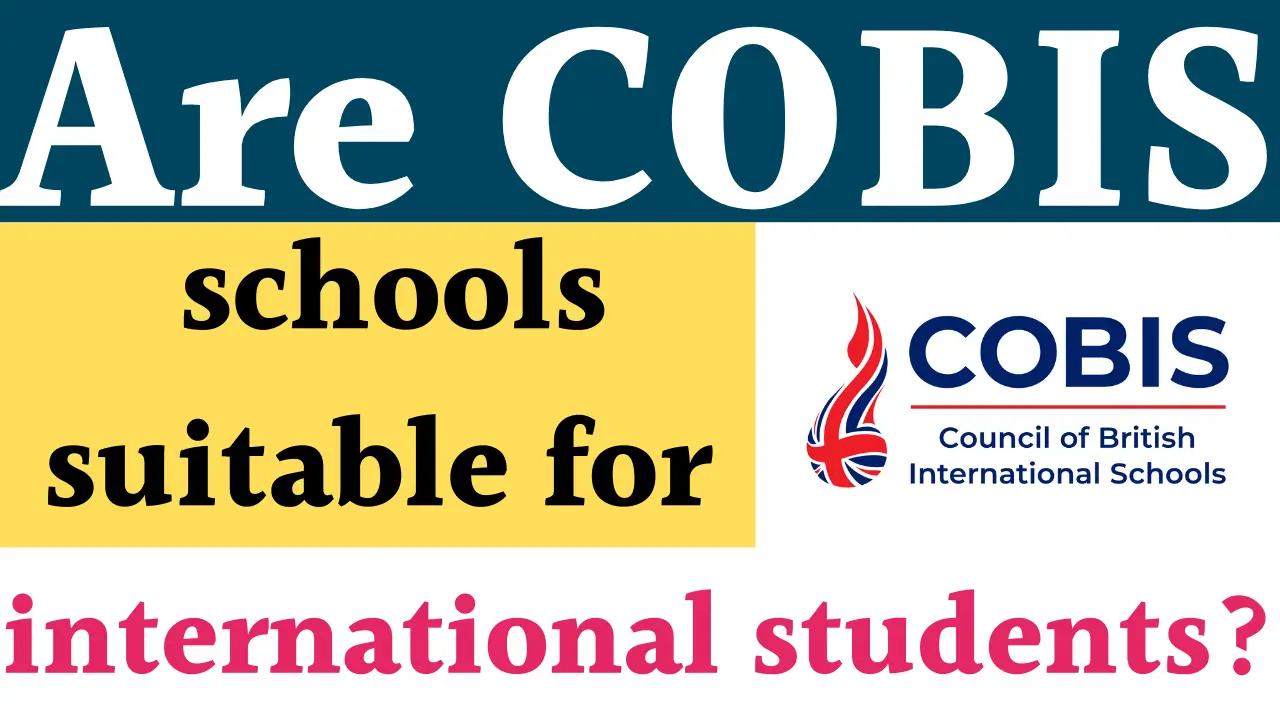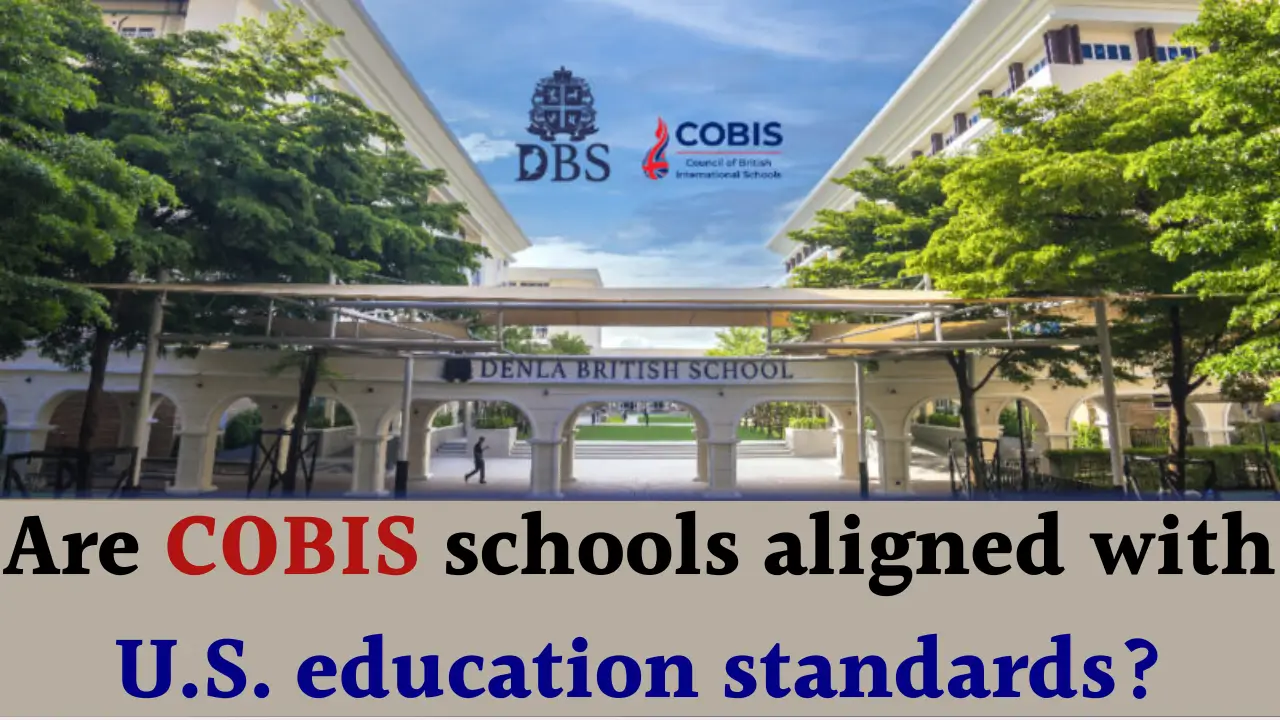The Council of British International Schools (COBIS) certifies bilingual educators through a structured process aimed at ensuring high standards of teaching, professional development, and accreditation in international and bilingual education settings. COBIS focuses on supporting educators in British international schools worldwide, with an emphasis on aligning teaching practices with UK Teachers’ Standards and integrating bilingual capabilities within a rigorous educational framework.
Certification Process Overview
COBIS does not issue a standalone bilingual certification but certifies bilingual educators through various professional learning programs, accrediting schools rigorously to meet bilingual and high-quality education needs, and supporting teachers to engage in professional development that includes bilingual teaching competence. The certification of bilingual educators primarily revolves around meeting teaching standards, completing specific training or development programs, and operating within COBIS accredited or member schools.
Key Steps in the Certification of Bilingual Educators by COBIS:
Teaching Standards Alignment
- Educators must demonstrate proficiency aligned with the UK Teachers’ Standards, including linguistic competence in bilingual settings.
- COBIS offers assessment routes such as the Assessment Only Route to Qualified Teacher Status (QTS), allowing experienced teachers to prove they meet UK teaching standards in bilingual or international contexts.
Professional Development Programs
- Teachers engage in COBIS professional learning offerings, including courses for early career teachers and continuous development focusing on bilingualism skills.
- Emphasis is placed on combining theory with practical, school-based tasks to enhance bilingual teaching capabilities.
School Accreditation and Compliance
- COBIS accredits schools that meet rigorous bilingual education standards, encouraging institutions to foster inclusive, diverse, and bilingual learning environments.
- Schools holding COBIS accreditation offer environments where educators can apply bilingual teaching methods that meet international benchmarks.
Language Proficiency Verification
- Bilingual educators must demonstrate proficiency in the languages they teach, often validated through recognized proficiency tests or qualifications, though specific testing requirements depend on local or school-specific policies.
Reflecting Diversity, Equity, Inclusion, Justice, and Belonging (DEIJB)
- Updated COBIS standards stress inclusive and diverse educational practices which are central to bilingual education certification.
- Evidence of inclusivity in teaching materials and practices is required, reflecting the international and multicultural nature of bilingual education.
Latest Updates for 2025
- The COBIS Accreditation and Compliance Standards have been refreshed to better clarify evidence submission, emphasize inclusivity, and support bilingual and diverse classrooms.
- There is heightened focus on DEIJB to ensure bilingual educators operate within inclusive and supportive school climates.
- COBIS continues to collaborate with international bodies and accreditation agencies to enhance the recognition and robustness of its certification standards.
- Schools like private bilingual institutions have achieved COBIS accreditation, confirming the viability and quality of bilingual education under COBIS frameworks.
Detailed Certification Elements
| Certification Element | Description | Notes |
|---|---|---|
| Teaching Standards | Alignment with UK Teachers’ Standards, demonstrating bilingual teaching qualifications | Assessment Only Route available |
| Professional Development | Participation in COBIS courses and programmes enhancing bilingual teaching skills | Includes Early Career Teacher support |
| Language Proficiency | Verified competence in both languages taught, verified through proficiency tests or equivalent qualifications | May vary by school or region |
| School Accreditation | Working in or with schools accredited by COBIS for bilingual education quality | Schools demonstrate excellent bilingual pedagogy |
| Inclusivity and DEIJB | Evidence of fostering inclusive classrooms respecting diverse linguistic and cultural backgrounds | Central focus since 2025 update |
Benefits of COBIS Bilingual Educator Certification
- Recognised international teaching standards ensuring job mobility and credibility.
- Access to continuing professional development tailored for bilingual education.
- Work environments that promote best practices in bilingualism, inclusion, and international education.
- Enhanced ability to meet diverse student needs through training aligned with the latest educational policies and DEIJB principles.
Conclusion
COBIS certifies bilingual educators by integrating rigorous teacher standards, continuous professional development, and school accreditation, ensuring a high-quality bilingual education environment globally. The renewed focus on inclusivity and evidence-based standards positions COBIS certification as a mark of excellence for bilingual teachers committed to international best practices in education.
This holistic approach helps bilingual educators develop the expertise required to thrive in international settings while supporting schools that dedicate themselves to fostering multilingual and multicultural learners. The recent updates also emphasize the critical role of diversity and belonging in education, making COBIS certification a comprehensive pathway for bilingual educators seeking professional recognition and development.
















